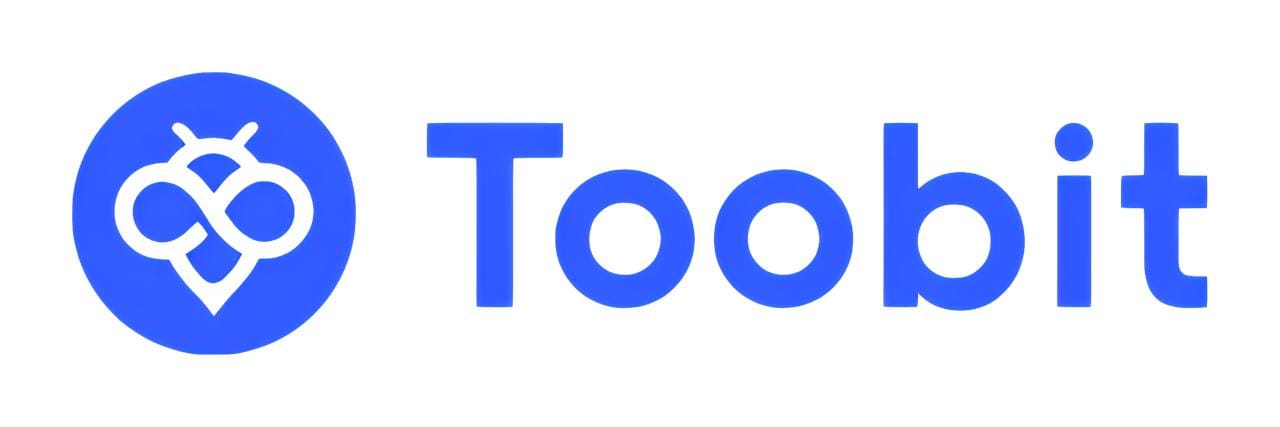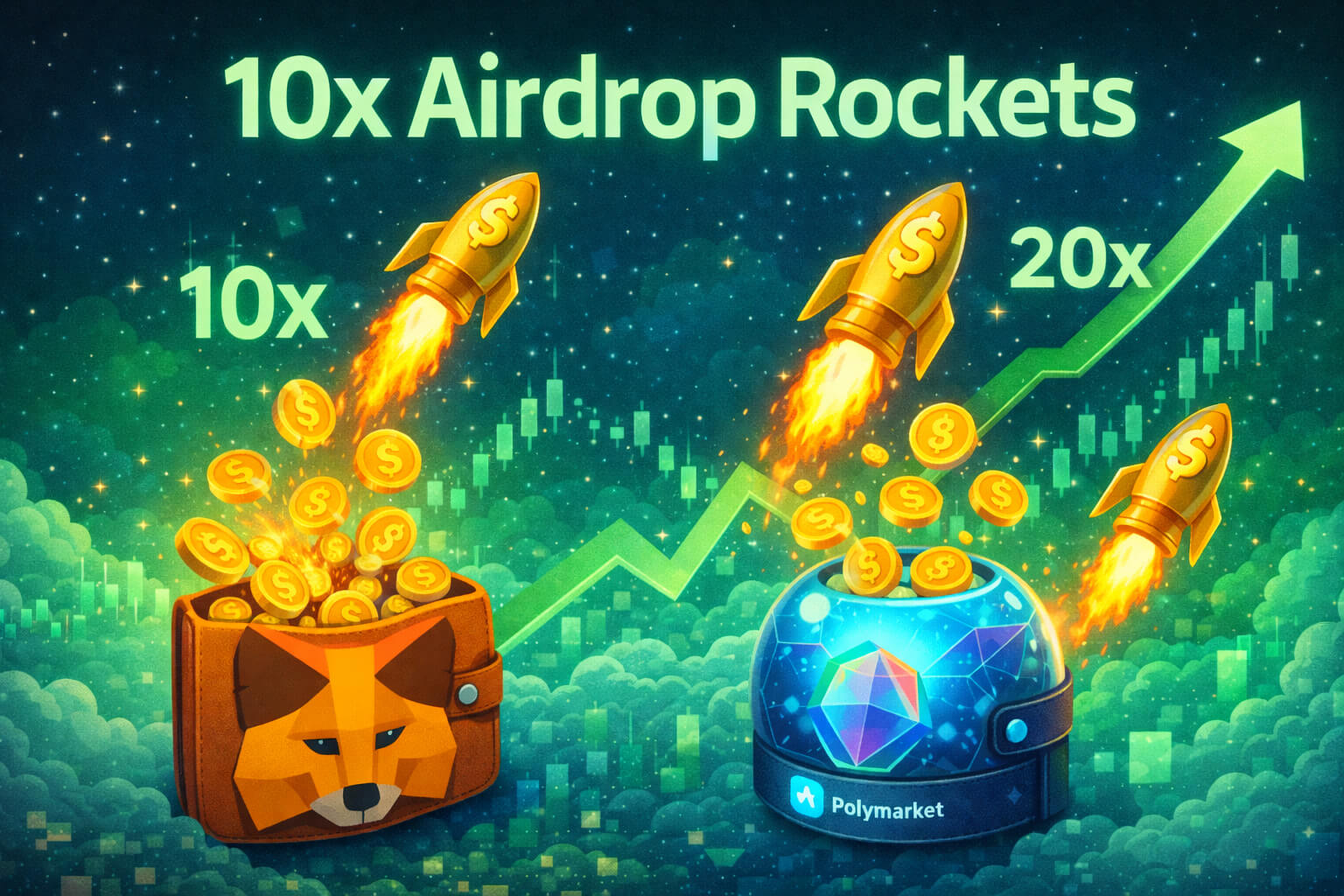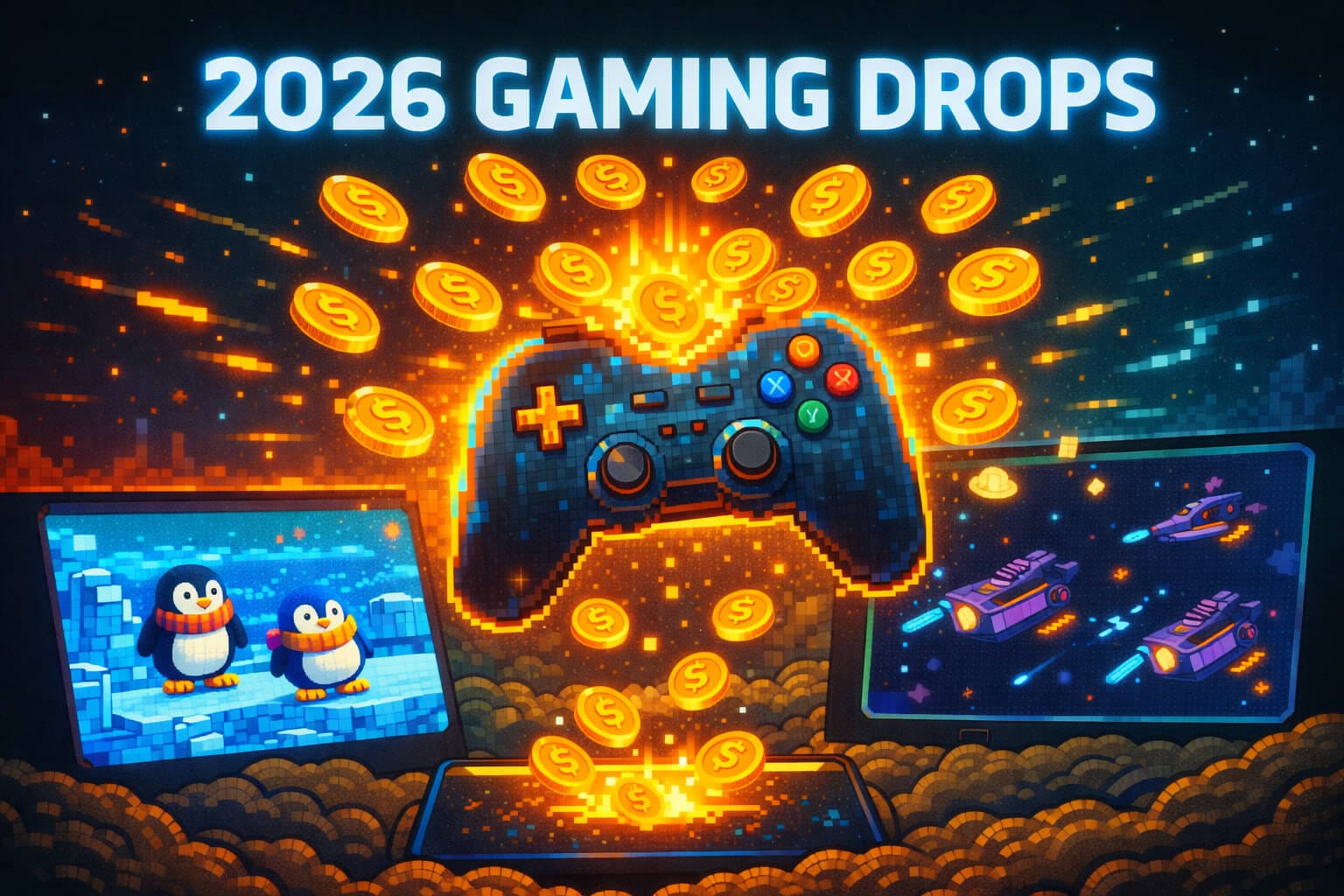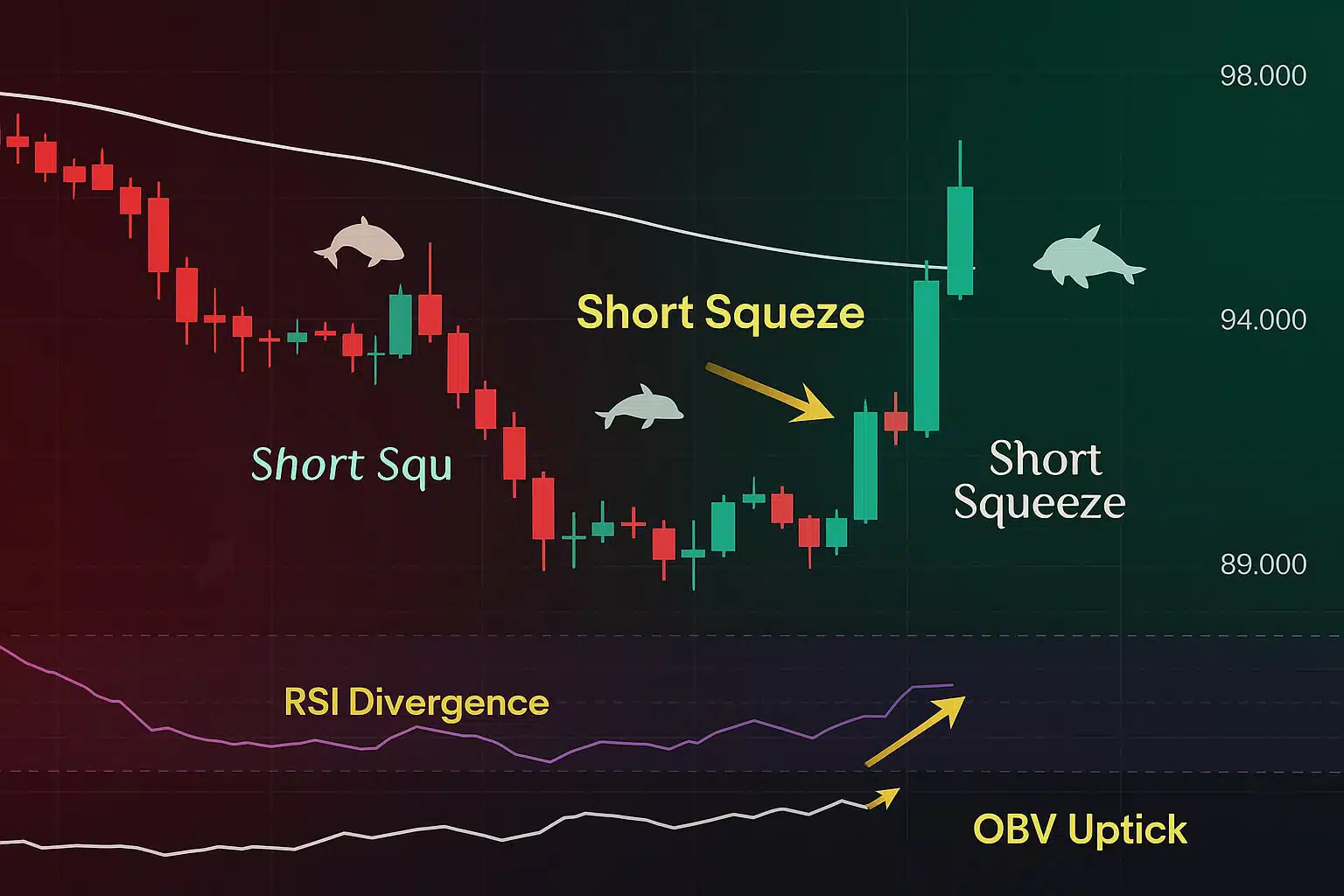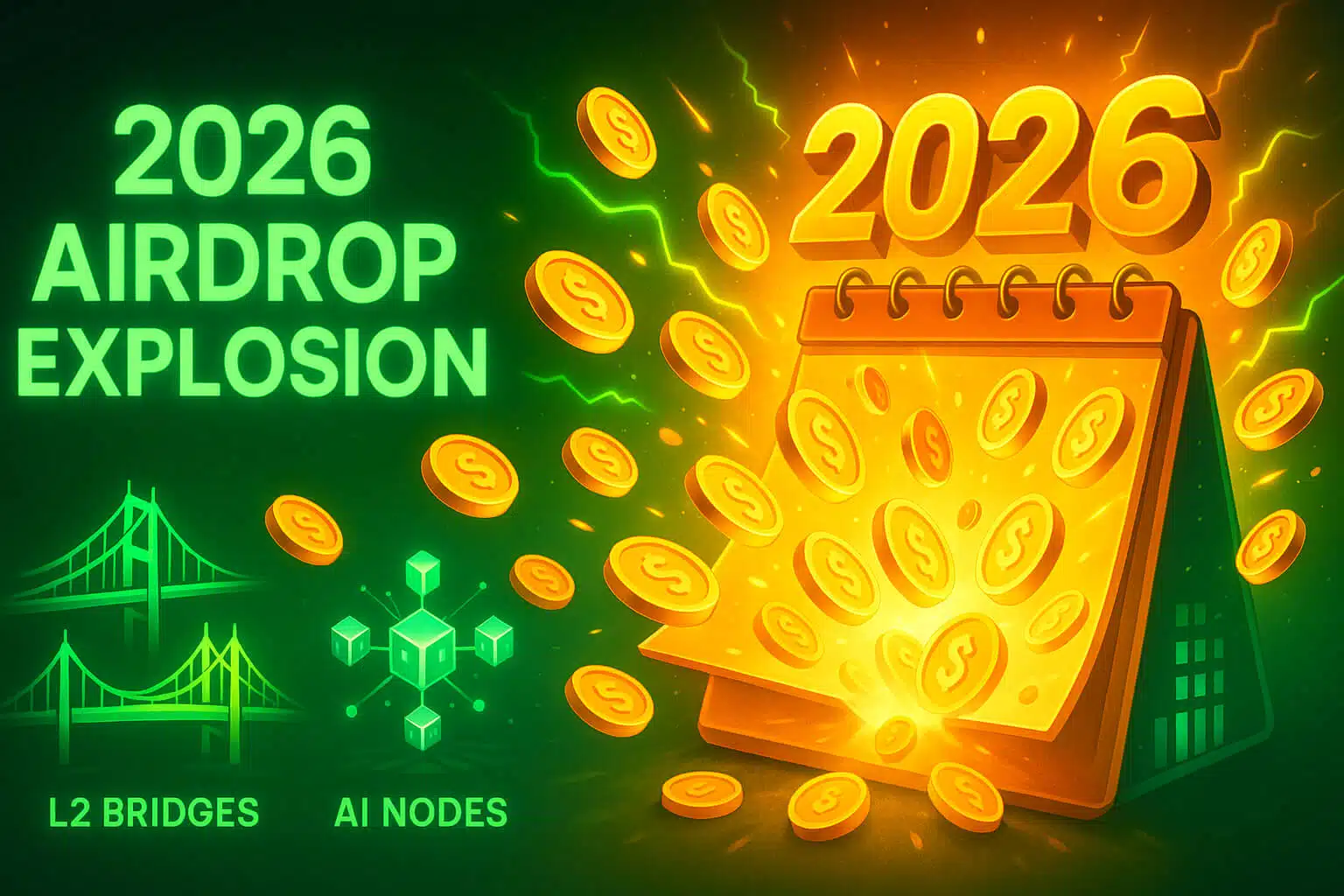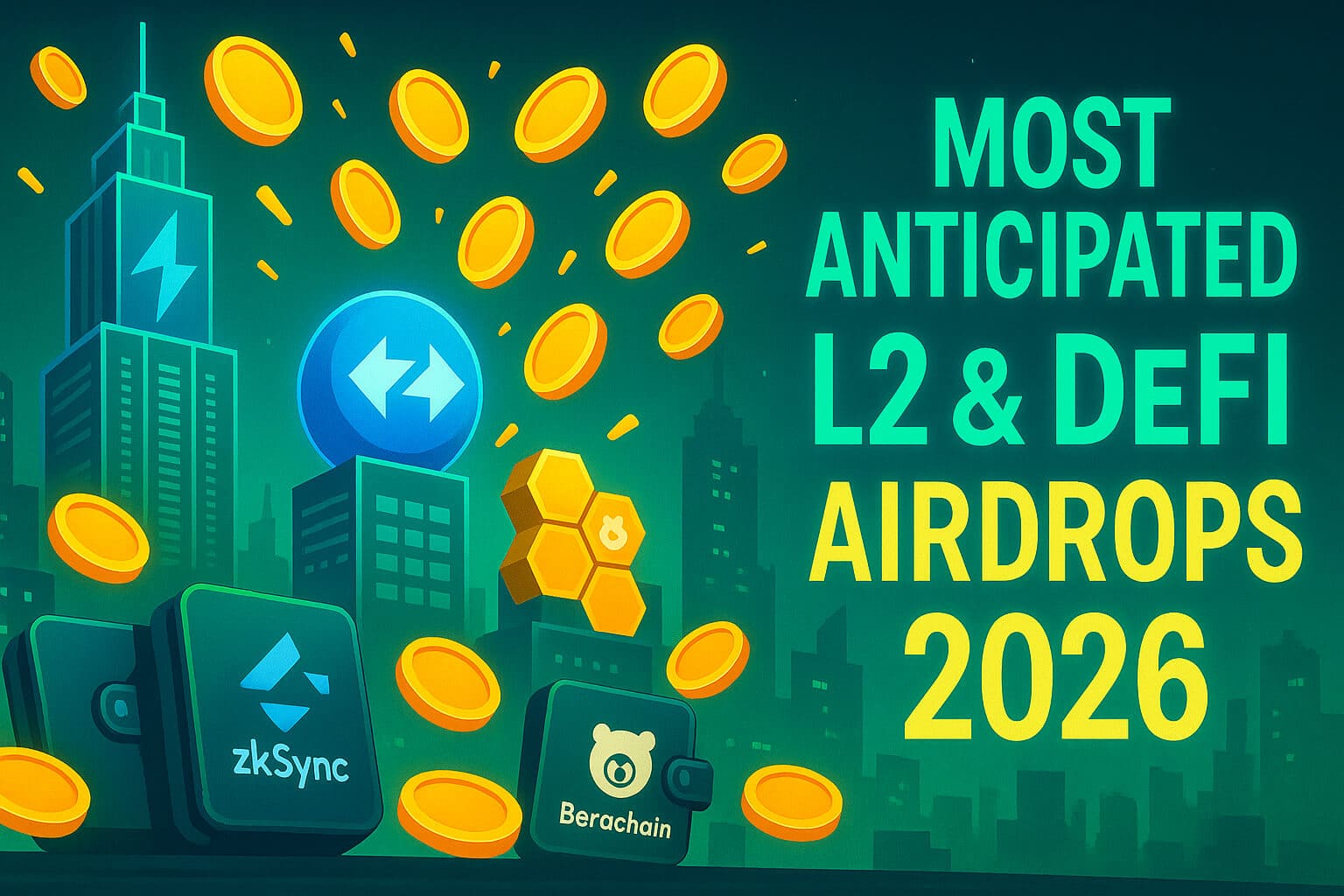1. The Ever-Evolving World of Blockchain
Blockchain technology, once synonymous solely with cryptocurrencies, has grown into a vast ecosystem with potential applications across numerous industries. As the technology matures, new innovations are emerging that promise to revolutionize the way we think about data, security, and decentralization. These emerging blockchain technologies are not just enhancing existing systems but are also paving the way for entirely new use cases.
Why Emerging Technologies Matter
Staying informed about the latest blockchain developments is crucial for anyone involved in the tech industry. Whether you’re a developer, investor, or enthusiast, understanding these innovations can help you anticipate market trends and identify new opportunities.
2. Advanced Consensus Mechanisms: Beyond Proof of Work
Consensus mechanisms are the backbone of blockchain networks, ensuring that all participants in the network agree on the state of the blockchain. While Proof of Work (PoW) and Proof of Stake (PoS) are well-known, several new consensus mechanisms are emerging that aim to improve efficiency, scalability, and security.
2.1 Proof of History (PoH)
Developed by Solana, Proof of History (PoH) is a novel consensus mechanism that timestamps transactions, allowing the network to process thousands of transactions per second. PoH creates a historical record that proves events have occurred at a specific moment in time, eliminating the need for traditional block confirmation.
- Why It Matters: PoH enhances scalability, making Solana one of the fastest blockchains in the world. Its ability to handle a high throughput of transactions has significant implications for DeFi, NFTs, and other high-demand applications.
2.2 Delegated Proof of Stake (DPoS)
Delegated Proof of Stake (DPoS) is an evolution of PoS, where stakeholders elect a small group of validators to secure the network. This system, used by blockchains like EOS and TRON, aims to balance decentralization with efficiency.
- Why It Matters: DPoS can process transactions quickly and efficiently, making it a viable option for networks that require high-speed consensus without sacrificing decentralization. This consensus mechanism is particularly beneficial for applications like gaming and social media platforms that demand fast and reliable transaction processing.
3. Cross-Chain Interoperability: Bridging the Blockchain Divide
As the number of blockchain networks grows, so does the need for these networks to communicate and interact with one another. Cross-chain interoperability is emerging as a critical technology that enables different blockchains to exchange information and value seamlessly.
3.1 Polkadot and Its Parachains
Polkadot is a leading project in the cross-chain interoperability space. It enables different blockchains, known as parachains, to operate together on a single network. Polkadot’s Relay Chain ensures security and consensus for all connected parachains, allowing them to transfer data and assets across chains.
- Why It Matters: Polkadot’s approach to interoperability can help solve the issue of blockchain silos, where networks operate in isolation. By facilitating communication between chains, Polkadot opens up new possibilities for decentralized applications (dApps) that can leverage the strengths of multiple blockchains.
3.2 Cosmos and the Inter-Blockchain Communication (IBC) Protocol
Cosmos takes a different approach to interoperability with its Inter-Blockchain Communication (IBC) protocol. IBC enables independent blockchains to connect and share data without compromising their sovereignty. This protocol allows for the seamless transfer of tokens and other data across different blockchains.
- Why It Matters: Cosmos’ IBC protocol enhances the flexibility and functionality of blockchain networks, enabling a more interconnected and interoperable blockchain ecosystem. This can lead to more complex and feature-rich dApps that can operate across multiple chains.
4. Privacy-Enhancing Technologies: Securing Data on the Blockchain
Privacy is a growing concern in the digital age, and blockchain technology is no exception. While public blockchains offer transparency, they can also expose sensitive data. Emerging privacy-enhancingtechnologies aim to strike a balance between transparency and confidentiality.
4.1 Zero-Knowledge Proofs (ZKPs)
Zero-Knowledge Proofs (ZKPs) allow one party to prove to another that a statement is true without revealing any additional information. ZKPs are being integrated into various blockchain protocols to enhance privacy while maintaining the integrity of the blockchain.
- Why It Matters: ZKPs can be used to create privacy-focused blockchain applications, such as anonymous transactions and private voting systems. Their ability to ensure data privacy without compromising transparency makes them a powerful tool in the blockchain developer’s toolkit.

4.2 zk-SNARKs and zk-Rollups
zk-SNARKs (Zero-Knowledge Succinct Non-Interactive Arguments of Knowledge) are a specific type of ZKP that is being used in privacy-focused cryptocurrencies like Zcash. zk-Rollups, on the other hand, use ZKPs to bundle multiple transactions into a single proof, which is then verified on the main blockchain.
- Why It Matters: zk-SNARKs and zk-Rollups enhance privacy and scalability in blockchain networks. These technologies can reduce transaction costs and increase throughput while ensuring that transaction details remain confidential.
5. Decentralized Identity Solutions: Empowering Users
Decentralized identity (DID) solutions are emerging as a key technology in the blockchain space, offering users control over their personal information. These solutions enable individuals to manage their digital identities securely without relying on centralized authorities.
5.1 Self-Sovereign Identity (SSI)
Self-Sovereign Identity (SSI) allows users to own and control their digital identities. Instead of relying on centralized entities like governments or corporations to issue and verify identity credentials, SSI lets users manage their identity information on the blockchain.
- Why It Matters: SSI empowers individuals to protect their privacy and manage their identity data more securely. This technology has the potential to transform industries like finance, healthcare, and education by reducing the need for third-party verification and improving data security.
5.2 Verifiable Credentials and Decentralized Identifiers (DIDs)
Verifiable Credentials (VCs) are digital certificates that prove the authenticity of a user’s identity, qualifications, or attributes. Decentralized Identifiers (DIDs) are unique identifiers used in SSI systems to represent users in a decentralized network.
- Why It Matters: VCs and DIDs enable more secure and efficient identity verification processes, reducing the risk of identity theft and fraud. As more industries adopt these technologies, users will gain greater control over their personal information.
The Future of Blockchain Technology
Emerging blockchain technologies are not only advancing the capabilities of existing systems but also opening up entirely new possibilities for decentralization, privacy, and interoperability. From advanced consensus mechanisms and cross-chain interoperability to privacy-enhancing technologies and decentralized identity solutions, these innovations are set to shape the future of blockchain and its applications across various industries.
For more insights and detailed guides on blockchain innovations and trends, visit our Cryptocurrency Comparisons Guides.
Stay Updated
For the latest updates on emerging blockchain technologies and industry insights, follow us on:
Stay informed with the latest strategies and developments in the world of blockchain technology at FreeCoins24.io.
Special Offer
Ready to explore the future of blockchain technology? Sign up on Bybit today and take advantage of up to $30,000 in deposit bonuses. Discover a secure and easy way to invest in emerging blockchain technologies.
